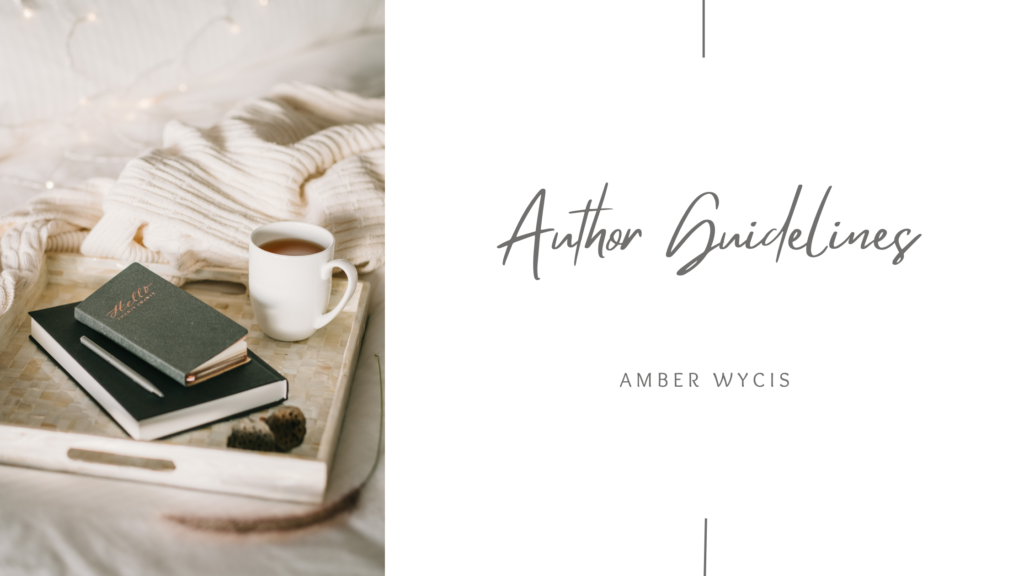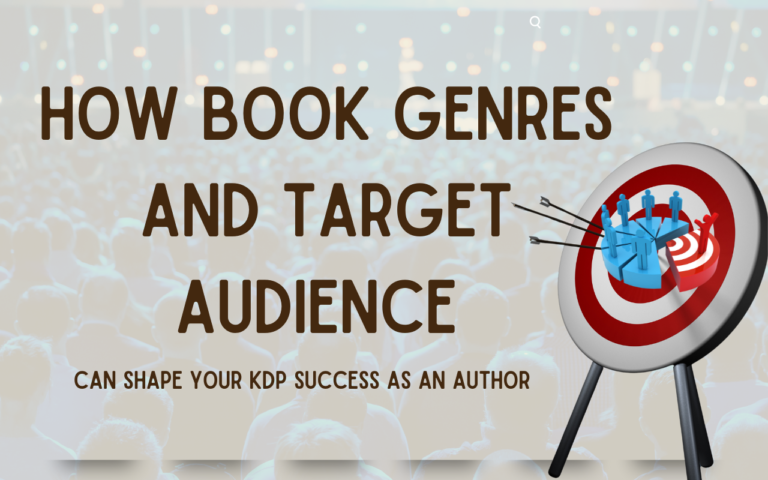5 Steps to Write A Successful Debut Novel-Author Guidelines
Congratulations & Welcome to Author Guidelines
You want to write a book, which is your first, ever !
You are finally going to be an author.……
Again, congratulations.
Conceiving the thought to write a novel is one thing, but researching how to go about it and implementing it is another. Beginning a Google search on how to write your debut novel as a beginner is a big indication of your commitment, and this is one step in a thousand, but it is a step in the right direction.
Before we begin, I would like to add a simple disclaimer:
First drafts are messy, and it is fine. Don’t get too stuck up.
Here’s your brief Author Guidelines for your First Book.

Step 1: Get acclimatized with your story
First, understand your story and why you are writing it. I once spoke to someone who said she only writes when something has angered her deeply and she sees her writing as a medium for vengeance. Well, I’m not saying you should be a John Wick with words, but you need to know why you are writing at all and writing that story in particular. It can be a reason as simple as because you want to know what publishing feels like, you want to add “Author” to your Instagram bio, or something as profound as putting the story of your Indigenous people out there. Knowing why is important because you will be writing for a long time; it helps to keep you grounded through the long, tiring journey.
Step 2: Define your audience before writing a Novel
When I was writing my first book, I knew exactly the kind of settings it would be read in, and I knew the kind of feelings I wanted to evoke from the readers. Yours doesn’t need to be so detailed. Is it a book for children aged 5 to 10, is it for academics or people who are really into literary fiction etc. This impacts the language used and the length of the story too. Most people ask what the length of a debut novel should be, this depends on your genre.
- Genre fiction: 99,000 words on average (range 6,000-221,000)
- Literary fiction: 98,000 words on average (range 58,000-163,000)
- Science fiction: 98,000 words on average (range 11,000-377,000)
- Action/Adventure: 96,000 words on average (range 16,000-299,000)
On the other hand, when writing, it’s advisable to write with one person in mind, because paying too much attention to the readers negatively affects your writing. So, putting one person in mind helps strike the balance.
Step 3: Feed your source
Now this might sound very corny while giving you Author Guidelines, but the saying, “great writers are great readers” has held for so long, it has to be for a reason. The reason isn’t so far-fetched. Reading feeds curiosity and it is one accessible, effective method; there are many others. For some people, it is traveling, hanging out, or watching a movie. Anything. The truth is writing above requires you to build a world, literally. And you need something to model against, conversations, actions, and reactions, of ordinary people help you model your in your book.
Specifically, if you are writing a horror novel, read horror books, watch horror movies, go into the rabbit hole, this one time, research as much as possible. Once I wrote a book that had a strong relation to an ongoing insurgency situation then. I spoke to a lot of people in the region, I even read interviews of repented insurgents, I spoke to people from the military, and people who’d returned from abduction by the insurgents. When I wrote the book, a lot of people asked if I was once an insurgent or a military personnel.
Spoiler, I am neither. You might not have as much resources, but gather as much information as you can about your story, it comes in really handy. And carry along a small jotter, some conversations you may find interesting on the go, and some ideas. Of course, you would like to overestimate your brain’s capacity to remember, but you won’t remember, I assure you. Been there, done that. However, I know when to stop. You can easily get submerged in research.
Step 4: Define the structure of your story
Whether you are a plotter or pantser, you need structure. This doesn’t have to be anything rigid, it just helps ensure cohesiveness. Have you ever read something you felt was just a pile of words? No connection? You don’t want your story to read like that.
You can try this exercise:
- What is your story about?
- How does it end?
- How does it start?
- What’s the major event that leads to the story ending the way it does?
- Who is your main character?
- What do they want?
- Who is the villain or what is the obstacle?
- What are the conflicts? How is your main character or your other characters connected to the conflict or vice versa
- If there is a substory, how does it affect your main storyline?
The classic story act structure comes in really handy here. You can use the three-act classic structure to advance your story. While defining the story structure, it is necessary to also develop the story character. Define the personality of your main characters, at least. This helps you know how they would act in different situations. When I wrote my first book, I did some research on the 16 personalities, and used them to define my main characters. I also defined how I wanted the story to affect them, so by the end of the story, they were absolutely different people.
Step 4: Start writing
You have done all the necessary preliminaries. You don’t need any extra experience for your novel. You are set, you should start. Like I said earlier, the first draft is messy, it is bound to be messy. No one ever published the first draft without brushing up, so don’t be too hard on yourself. Enjoy this process. For me, asides from research, nothing tips writing my first draft in the whole writing process because it is the only time I feel the freshness of the story.
Schedule a writing time, and stay consistent.
Writing time is writing time, getting immersed, no social media, or phone calls. This helps you connect with your writing and get better results. Some people romanticize their writing with pretty setups and art. If you can do this, it is lovely. If you can’t no worries. I wrote my first book mostly slouched on my bed in a poorly lit room (This is not to encourage the behavior), what matters is that you write.
Step 5: Self edit first
Writing a novel, whether your first or fiftieth is mostly rewriting. When you finish your first draft, do the basic rewriting, read it again and let it sit, or send it to friends for a fresh perspective. You can ask your friends or beta readers to let you know anything they find confusing, uninteresting, or odd. This helps the review process for you, and them, easier and optimal.
Rewrite afterwards, edit and get a professional editor. It’s a long ride, but it is beautiful and you finally get to mark the end of your debut novel when it is all over.
This is all for today’s Author Guidelines.
We “Team of ProghostwritingHub” hope you follow through with your amazing story.

If you need our services to write and Publish your first Novel, Our experts are here for you.







2 Comments